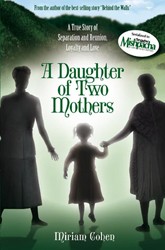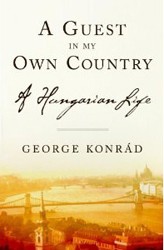Adam Biro’s memoir is different from most post-World War II Eastern Europe Jewish memoirs. The Holocaust is not the dividing line of the family history. Rather Biro extends his narrative into his family’s 200-year Hungarian past, when being a Hungarian was often more meaningful than being a Jew. Biro was born in Hungary in 1941, moved to France in 1956, and wrote this book after his father’s death in Budapest in the 2000’s. Being the last member of the Hungarian branch, he writes it as a family memorial.
The model for the memoir was his father’s thirty-two page autobiography, which his father wrote upon retiring as a physician, not mentioning any of his family relations, historical events, feelings, or opinions. Biro later found some literary writings in which his father expresses his disappointments in his life and culture and his longing for adventure and love.
Biro focuses on his Hungarian family, as for him, Hungary is that family. His story draws mostly upon family stories, his own fragmented memoirs, and his father’s files. The research into the historical context of his family is minimal and he mentions his wife and daughters in France sparingly, referring to them not by name but by their first initials. His own comments, interpretations, and introjections are added in a lighter print.
In spite of the detachment that renders the narrative somewhat flat and cold, the last two chapters about his parents are richer in details and emotion. Biro ponders some issues of their relationship and the images come to life and gain complexity through the detailed descriptions and expression of feelings. One Must Also be Hungarian is a story of estrangements, loneliness, and conversion, loss of faith, country, language, and identity. Family photographs.





